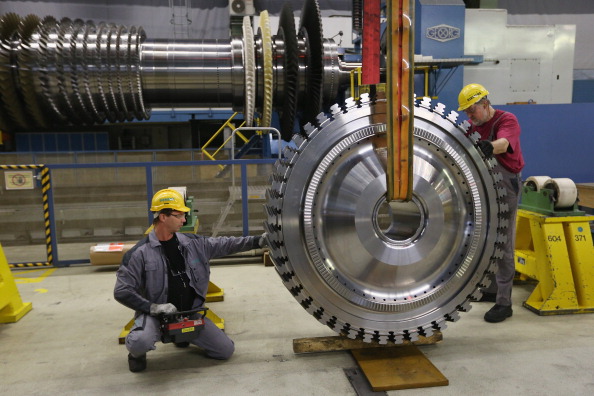From oil and natural gas to renewable energy, like wind and solar, the energy sector continues to expand, creating good-paying American jobs and helping to grow the U.S. economy. Yet beyond traditional energy jobs, many Americans are contributing to the energy economy by helping the U.S. build a cleaner, safer energy future. Energy.gov’s #EnergyJobs series shines a spotlight on a wide range of people and energy careers that are making a difference in the larger energy economy.
David Weaver is a distribution electrician — commonly known as a utility line worker — at Austin Energy in Austin, Texas.
What does your job entail?
My job description in the simplest form is to build, repair and maintain the electrical grid of Austin Energy.
How did you end up in your career?
I have always enjoyed working outside, working with my hands and working with other people. When I was younger, a transformer needed to be changed out a couple houses down from me. I was in the backyard when the crew came to change it out. The crew leader explained the whole process as the lineman climbed the pole and proceeded to change the transformer. I was hooked after that.
What education/training do you need to be a utility line worker/distribution electrician?
Austin Energy, the utility company I work for, has an in-house training program that all apprentices must complete to get to the journeyman level. I am currently in that program and hope to complete it sometime in 2016. If you have no clue about electricity they will teach you everything you need to know. A lot of utility companies have the same sort of apprenticeship program.
I also wanted a degree — not necessarily in this field but a degree nonetheless. I enrolled at Austin Community College, and through their electronics program I was able to graduate with three related degrees, all of which involve electricity in some form or fashion. These degrees have helped me in my current field, but are not required to be a lineman.
Is there a fairly direct career path? Or is this something that people take multiple routes to end up at?
It is a pretty direct career path as Austin Energy sets it up. The progression is straightforward. However, there are people from various backgrounds — the military, machinists, engineers, etc.
What is the best part of working in your field?
The best part is that there is a lot of variety, and while all jobs do have a sense of similarity, no job is the same. What is required from an individual is always changing.
I said earlier I love being outside and — since I never have been one to see myself sitting behind a desk — this job fits me very well. You also meet so many different people, and the people you work with — whether you get along with them or not — become like a family.
What advice do you have for someone looking to start a career in your field?
My advice would be to keep an open mind, try to learn something new every day, and ask questions!
Find something you love to do and you’ll never work a day for the rest of your life.
For information on what the Energy Department is doing to prepare the next generation of utility workers, check out our Smart Grid workforce development page.

